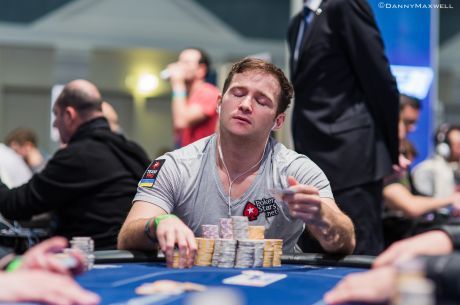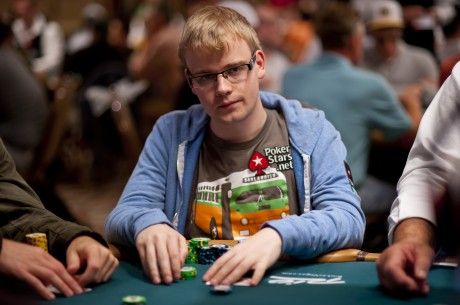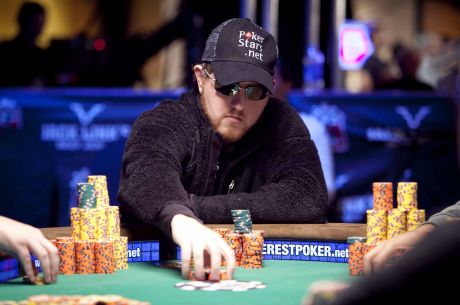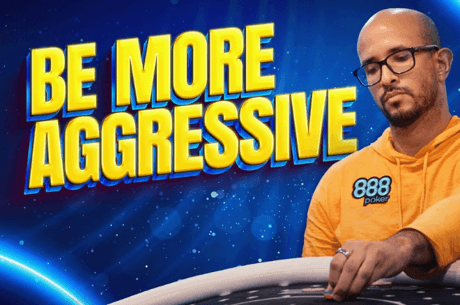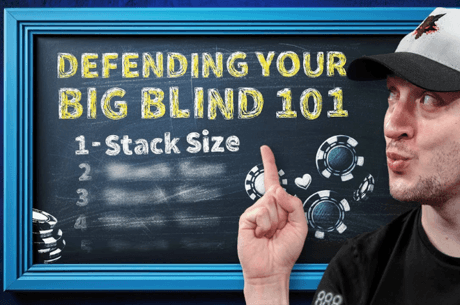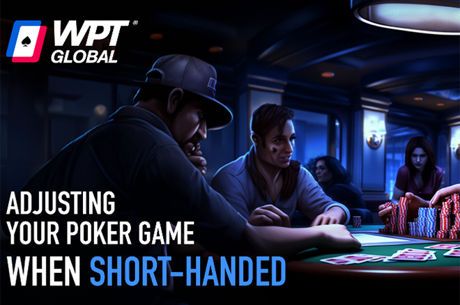Responding to Results; or, The Jack-Four Effect
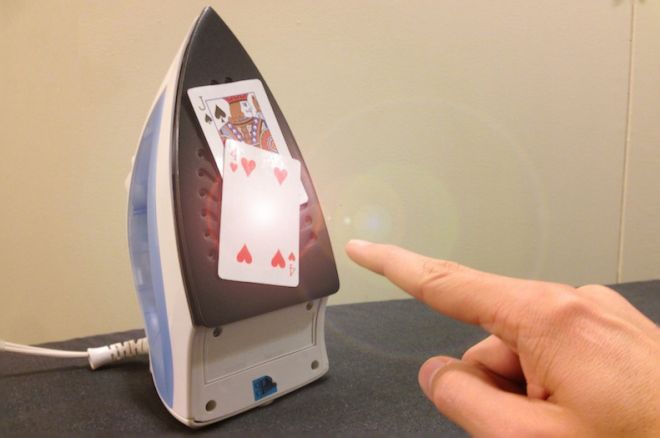
Once when I was a little boy, my mother had left the iron out on the ironing board, and it seemed terribly important to me to find out whether the iron was on. Not knowing any other way to figure it out, I reached out a finger and touched the surface of the iron. It was on. It burned my finger and hurt like hell. I cried.
But I also learned something: don’t touch irons, because you can get burned. I never did it again.
Evolution has given our brains incredibly well-oiled engines for learning such lessons. Events that are either unusually painful or unusually pleasurable produce big squirts of dopamine and other neurotransmitters that trigger formation of powerful memories, which then shape our behavior for the rest of our lives. We thereafter feel strongly compelled to repeat the pleasurable experiences and avoid the painful ones.
Poker takes this marvelously efficient learning mechanism, and confuses the hell out of it. We make all the right decisions in a hand, get unlucky, and lose our shirts. Or we make a series of bone-headed decisions, get lucky, and win the biggest pot of the night.
Suppose that instead of hot irons always burning the person who touches them, sometimes they randomly produced an intensely pleasurable, almost orgasmic sensation. Imagine what would happen to the person who got that the first time he put a finger on one. How hard would it subsequently be to learn that touching hot irons is a really bad idea?
I once shared a poker table with a guy who played 80 to 90 percent of his starting hands, even if there were a raise. Somebody commented on how there seemed to be no hands he didn’t like, and he explained himself. Here are his words, as best I could recall them when I made notes from the session after it was over:
“The first time I played poker, about two years ago, on the very first hand I got 7x3x-offsuit. I knew from TV shows that this was a bad hand, so I folded. The flop came 3x3x7x. I would have made a full house! I said to myself, ‘I just learned something important: The hand doesn’t really start until the flop. You’ve only got two cards. You need five before you’ve got anything.’”
I’m about as sure as I can be, without actually auditing his financial records, that he is a long-term loser at poker.
I had a similar experience. It wasn’t the first time I played, but it was very early in my poker life. I had Jx4x in the big blind. Nobody raised. The flop was JxJx4x. It was the first time I had flopped a full house. I went on to win the pot. Seeing that incredibly lucky flop must have released gallons of dopamine into my limbic system, because I remember exactly where this happened — the casino, the table, and the seat — even though it was many years ago.
Moreover, every single time that I have been dealt Jx4x since then, I have an involuntarily flashback to that moment, what the table and room looked like, and the amazing rush that I felt upon seeing that flop.
I have come to think of this as “The Jack-Four Effect.” I suppose that in honor of that other player I mentioned, I could just as well call it “The Seven-Three Effect.” Obviously any two cards can generate it. What matters is not what triggers it, but what you do about it.
I do not play Jx4x in an attempt to replicate the pleasure of flopping a boat. I have not come to think of it as a magically powerful hand. I have not generalized from that experience a lesson that, since any two cards can flop a full house, any two cards should be played.
So what accounts for the difference between me and Mr. Seven-Three? Why is he now basically a slave to the bad lesson he learned from his first hand of poker, while I get the visceral reminder of the thrill of flopping a full house but am nevertheless able to resist playing the same hand in an effort to reproduce that experience?
I don’t know the answer, though I think it’s an interesting question. Some of it probably has to do with my having played a lot more hands of poker than he has. I thus have seen more pairs of actions and consequences, and have seen that a big dose of randomness gets in between them. Maybe I’m better at filtering out results that I know are anomalous, and giving them less weight in my later decision-making. Maybe I am better able to put faith in the poker authorities I read, and put less trust in one personal experience that runs contrary to the received wisdom.
Whatever it takes to overcome the temptation to learn lessons from the outcomes of single hands of poker, we’ve got to do it. Those lessons are nearly as likely to be wrong as right. Acting on the memory of one especially good or bad outcome of a poker hand from our past in the same way that we act on experiences about the world at large — e.g., that it hurts to touch a hot iron — can end up being very, very costly.
Robert Woolley lives in Asheville, NC. He spent several years in Las Vegas and chronicled his life in poker on the “Poker Grump” blog.
Get all the latest PokerNews updates on your social media outlets. Follow us on Twitter and find us on both Facebook and Google+!

